The African-American community, let alone the sports world, desperately needed an openly gay male, professional player. Thanks to Jason Collins, the hyper-masculine and testosterone-driven milieu that dominates sports might actually begin to loosen its homophobic grip, especially among black athletes.
Collins, who deliberately wore the jersey number, 98, to honor slain gay student Matthew Shepard during the 2012-13 NBA season, is a 7' 0" center for the Washington Wizards, formerly of the Boston Celtics, and is also African-American. Doc Rivers, the African-American coach of the Boston Celtics, is revered among black athletes. Having coached Collins for 32 games before Collins was traded to the Washington Wizards, Rivers's reaction to Sports Illustrated helps spread a message of acceptance.
"I'm really proud of Jason. He still can play. He'll be active in our league, I hope, and we can get by this-- get past this. I think it would be terrific for the league. More than anything, it would just be terrific for mankind, my gosh."
In terms of when and how you come out personally, timing is everything. So, too, in coming out professionally. The statement, "I'm a 34-year-old NBA center. I'm black. And I'm gay" by Collins in the May 6 issue of Sports Illustrated is as momentous as when renowned comedian Ellen DeGeneres' quote "Yep, I'm Gay" appeared on the cover of the April 14, 1997 issue of Time magazine.
The time span between the two statements is 16 years -- many more advances and civil rights have been afforded to us LGBTQ Americans, but it's clear that we are still a nation grappling with the issue.
While both Collins and DeGeneres add a public face and personal testimonies about struggling to stay closeted, their message reaches and resonates within only certain pockets of the American population and not others. Within those pockets, the reprisal and applause they receive for coming out still fractures along several fault lines, with professions being one of them.
When Ellen so boldly came out in 1997, she received a torrent of praise from the LGBTQ community and our allies. But her career puttered and stalled out for the three years afterward, and her coming out had little impact in the world of sports or in the African-American community in understanding the deleterious effects of homophobia. (It was still being argued, as now, in many African-American communities that homosexuality is a "white disease" and not a civil rights issue.)
While race plays a factor in the African-American community coming to grips with its homophobia, especially in the world of sports, so, too, does gender.
Case in point: Just last month, Brittney Griner, also African-American like Collins, is a 6-foot-8, three-time All-America center and was the number one pick in the WNBA draft when she announced she was a lesbian. It wasn't considered a big news story.
In 1997, a pregnant Sheryl Swoopes-- three-time Olympic gold medalist and three-time MVP of the WNBA-- promoting a heterosexual face for the WNBA was the cover-girl for the premiere issue of Sports Illustrated Women. At the time Swoopes was married to her male high school sweetheart. That was considered a big news story. But so too in 2005, when Swoopes came out as a lesbian, becoming the second in the WNBA, and endorsed the lesbian travel company "Olivia." She was at the time partnered with Alisa Scott, an assistant coach for the Houston Comets that Sheryl played for from 1997-2007. And in 2011, it was another big news story because she was with a male.
To incurable homophobes, especially of the fundamentalist Christian variety type, who peddle their "nurture versus nature" rhetoric that homosexuality is curable with reparative therapies, they saw Swoopes as the prodigal daughter who had finally found her way home to Jesus.
Many of my heterosexual African-American brothers, Chris Unclesho, the man Swoopes was then engaged to marry, was the man, a bona fide "dyke whisperer" who had turned Swoopes out to the sexual joys of what it is to be with a man.
In the sports world, most women athletes, even today, are cast as either lesbian or unfeminine. For example, in many African-American communities Olympic basketball player Lisa Leslie was perceived to be a "girly-girl;" therefore, not a lesbian, but certainly a weak and non-aggressive player. Tennis phenoms the Williams Sisters are aggressive players but too muscular, especially Serena, to be seen as feminine.
LBT women in professional sports have come out of the closet while playing at least two decades before the "Jason Collins watershed moment." Long before Swoopes, Griner and Collins, both tennis greats Billie Jean King and Martina Navratilova came out in 1981.
Martina was publicly taunted for not only being a lesbian but also for not bringing femininity and beauty to her game. Her muscular physique and supposedly masculine appearance killed not only sponsor endorsements but also attempted to kill her spirit in playing the game. With the sports world celebrating Collins news, Navratilova has joined in voicing her joy in an op-ed she wrote for SI.com
"Now that Jason Collins has come out, he is the proverbial game-changer. One of the last bastions of homophobia has been challenged. How many LGBT kids, once closeted, are now more likely to pursue a team sport and won't be scared away by a straight culture? Collins has led the way to freedom. Yes, freedom-- because that closet is completely and utterly suffocating. It's only when you come out that you can breathe properly."
Navratilova is correct that Collins is a "game-changer," because he stands on all the LGBTQ shoulders in sports before him. Truth be told, Collins is not the first professional gay or black athlete to come out. He's not even the first professional athlete to come out while playing.
But in a sports world that has become overwhelmingly shaped by African-American male players and masculinity, Collins' coming out celebration has everything to do with timing, gender, race and many more straight brothers embracing their gay brethren.
REV. IRENE MUNROE is a writer, speaker, and theologian living in Cambridge, Mass.
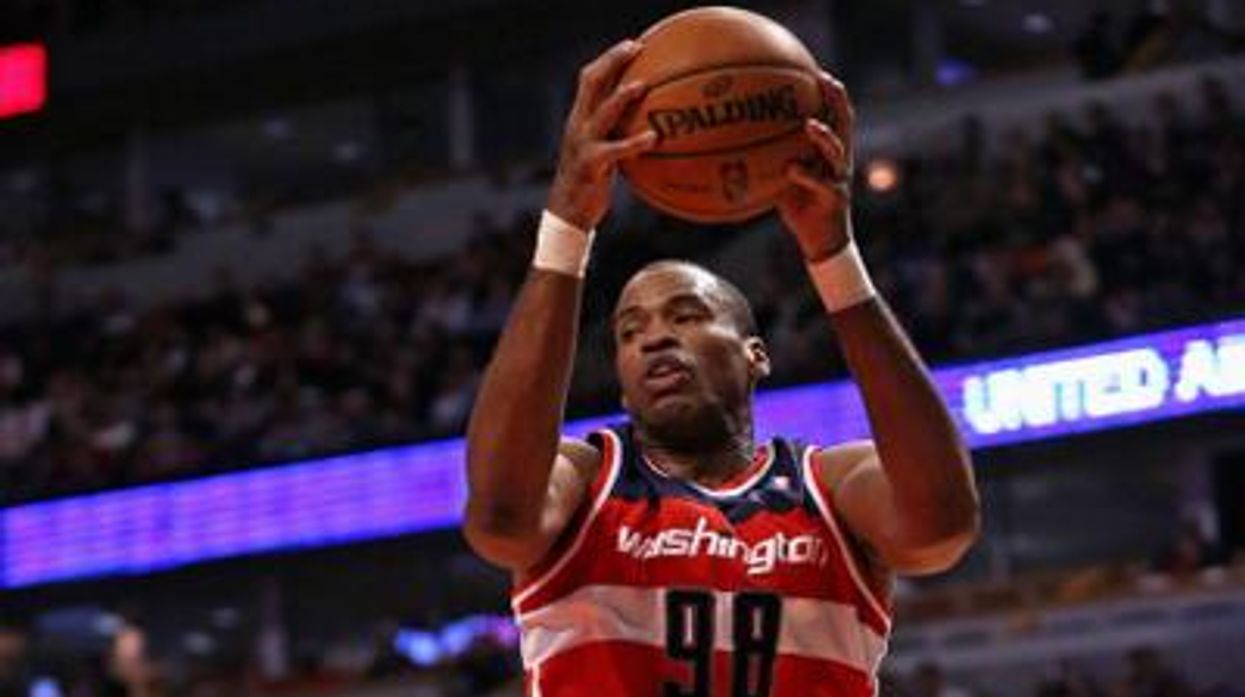
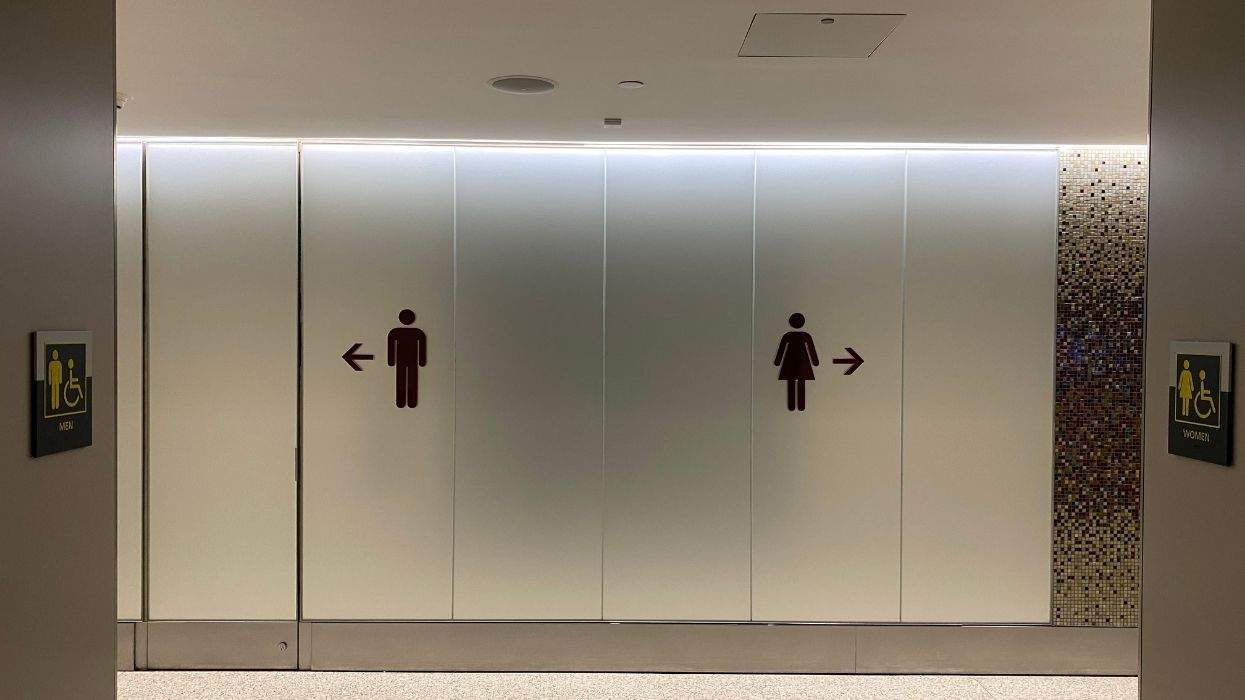
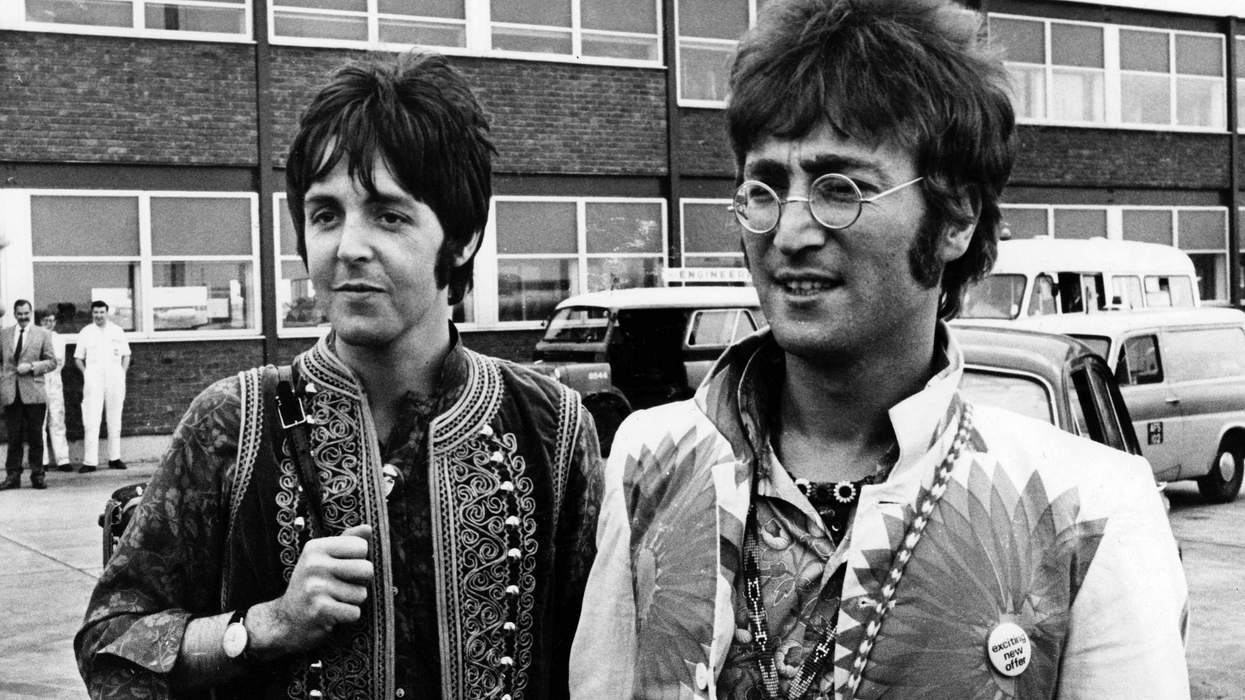

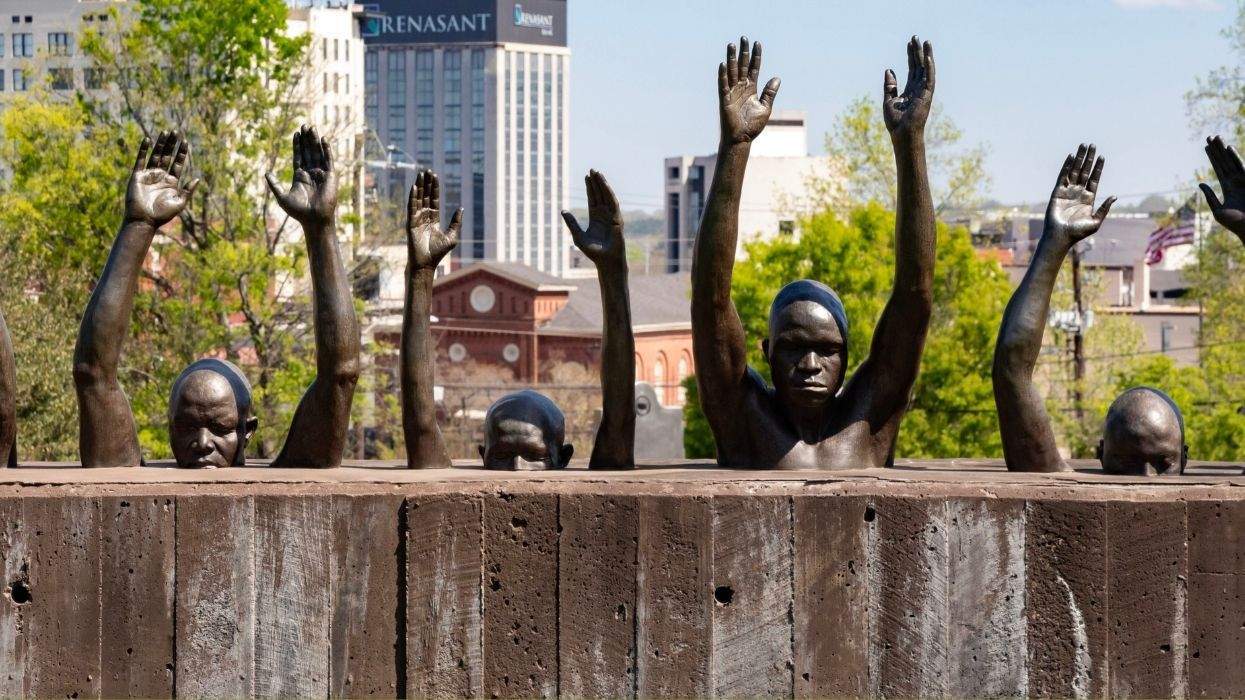


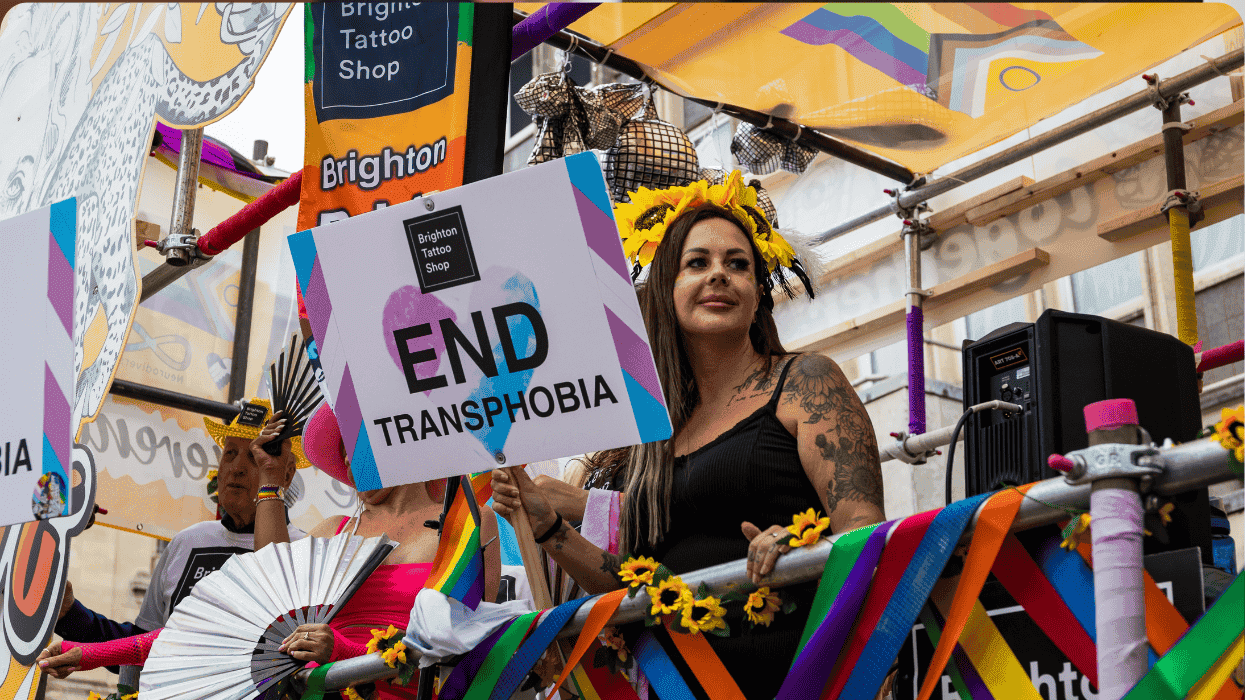







Charlie Kirk DID say stoning gay people was the 'perfect law' — and these other heinous quotes
These are some of his worst comments about LGBTQ+ people made by Charlie Kirk.